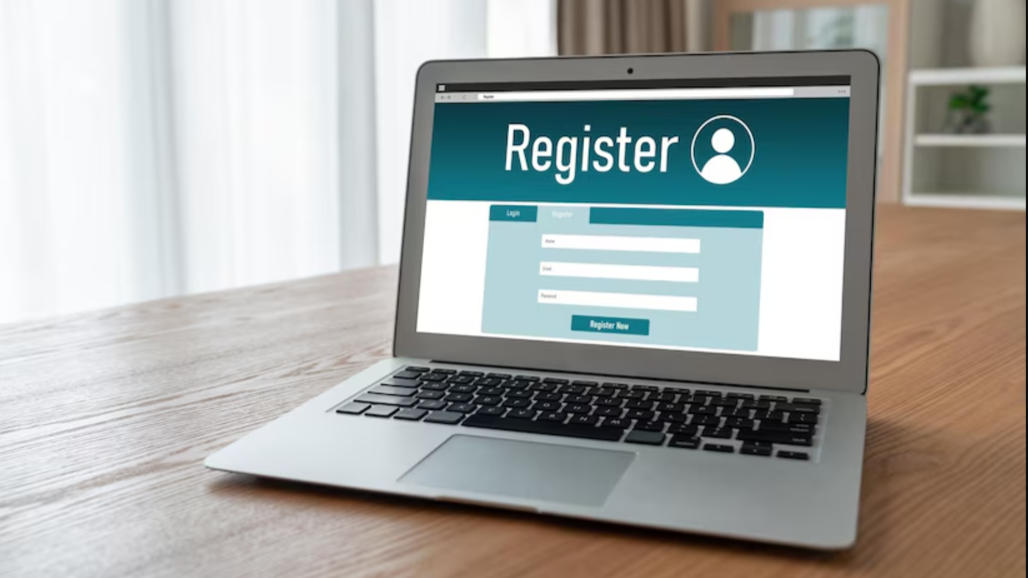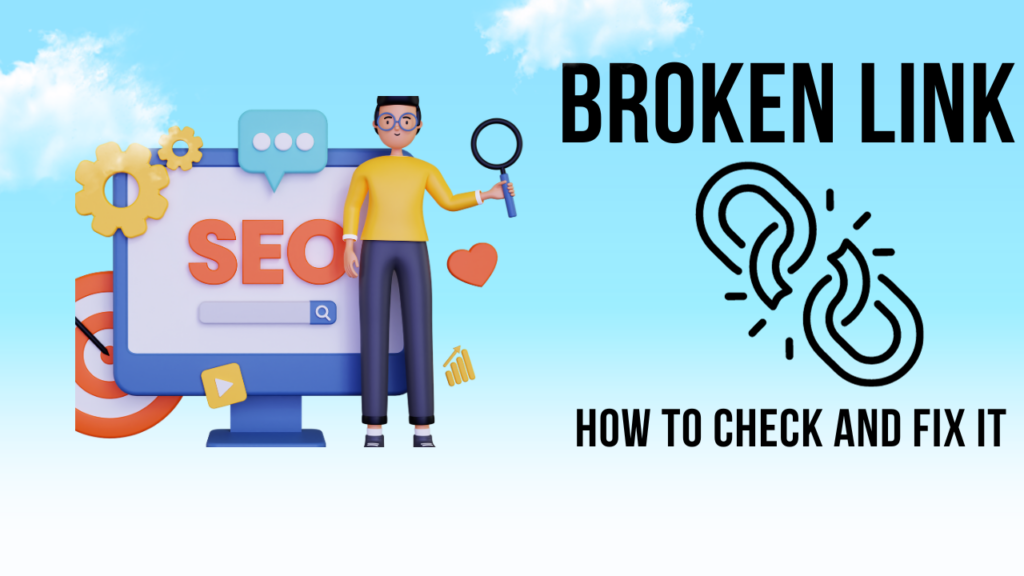Effective Strategies to Boost Website Lead Generation and User Engagement
For businesses, optimizing a website for lead generation is crucial for growth. A user-friendly website encourages potential clients to engage with your business, resulting in more conversions. A good design strategy can significantly impact user experience and boost lead generation efforts.
This article discusses practical ways to ensure your website is optimized for lead generation and provides actionable insights for improving your site’s functionality and user interface.
Organize Your Website for Optimal Lead Generation
The first step to improving your website's lead generation potential is to ensure that your content is structured logically. Visitors should be able to navigate your website effortlessly, finding the information they need with minimal effort. The clearer your website’s structure, the easier it is for visitors to become engaged with your business.
a. Start with a Summary or Outline
Begin each page with a concise summary or outline. This will help visitors quickly understand the key topics and decide if they want to continue reading or interacting with your site. A well-structured summary provides clarity and ensures that all content is easy to locate.
b. Organize Content Logically
Clear headings, subheadings, and lists make your content easier to navigate. Proper use of HTML tags like <h1> and <h2> will improve readability for both visitors and search engines. Organizing your content in a way that makes sense for the user improves engagement and ultimately boosts conversions.
c. Place the Most Important Information First
Consider using the inverted pyramid style for content, where the most important information is placed at the top. This ensures that visitors see key details right away, encouraging them to take further action without having to search through cluttered information.
d. Avoid Overload
Simplify your layout to avoid overwhelming visitors. Dense paragraphs or excessive links can distract visitors from the key content. A clean, organized layout enhances the user experience and helps guide visitors toward lead generation forms or calls to action.
Minimize Distractions for Better Conversion
While adding dynamic elements like videos or animations may seem appealing, these features can sometimes hinder a visitor’s experience, especially if they distract from your site’s core purpose—generating leads. When using animations, make sure they are non-intrusive and do not slow down page load times, which can frustrate visitors and harm your site's performance.
a. Avoid Autoplay
Autoplaying videos or animations can be distracting. Give your visitors control by allowing them to start media manually. This improves the overall user experience, especially for those who prefer to browse at their own pace.
b. Provide Pause or Stop Options
Always include options to pause, stop, or hide moving content. This simple feature can make your website more user-friendly, giving visitors control over what they see and hear.
Optimize Forms for Lead Generation
Online forms are one of the most important elements for lead generation. However, poorly designed or complicated forms can lead to abandoned submissions and lost opportunities. To improve the chances of success, ensure that your forms are easy to fill out and understand.
a. Use Clear, Descriptive Labels
Each field should be clearly labeled with an easy-to-understand description. Avoid vague labels like “Name” or “Email.” Instead, use labels like “Full Name” or “Contact Email” to provide more clarity to the user.
b. Keep Forms Short and Simple
Make sure your forms are as simple as possible while still capturing the necessary information. Asking for too many details can overwhelm visitors, causing them to abandon the form. Stick to essential fields like name, email, and phone number.
c. Use Multi-Step Forms for Complex Requests
For more complex forms, consider breaking them up into multiple steps. This approach prevents the user from feeling overwhelmed and increases the chances of successful form submissions.
Improve Link Usability for Better Navigation
Links are an essential part of any website, but they need to be easy to identify and navigate. Whether you’re guiding visitors to your lead generation forms or to other valuable content, clear and functional links are essential for a seamless user experience.
a. Use Descriptive Link Text
Avoid generic phrases like “Click here” or “Learn more.” Instead, use specific, meaningful link text that tells visitors exactly what they can expect if they click on a link. For example, use “Download our lead generation guide (PDF)” instead of a vague “Click here” link.
b. Ensure Links Are Easy to Find
Links should stand out visually from regular text. This can be achieved by using bold text, underlines, or contrasting colors. However, be mindful not to rely on color alone—make sure that links are easily identifiable by users with color vision deficiencies.
c. Check for Broken Links
Broken links are frustrating for users and can harm your website’s credibility. Regularly use a broken link checker to scan your website and ensure all links are functioning properly. This simple step ensures your site remains a reliable and trustworthy source of information.
d. Make Links Accessible for All
Ensure that your links are keyboard- and screen reader-friendly. Test your site to make sure that users can easily tab through and access all links. This improves the overall user experience and ensures that your site is accessible to a wider audience.
Conclusion
Improving your website’s usability and lead generation potential requires a combination of thoughtful design and strategic content. By organizing your content logically, reducing unnecessary distractions, optimizing forms, and ensuring that your links are functional, you can create a website that effectively converts visitors into valuable leads.
Remember, small changes can have a big impact. Start implementing these strategies today and make your website an essential tool for business growth.










